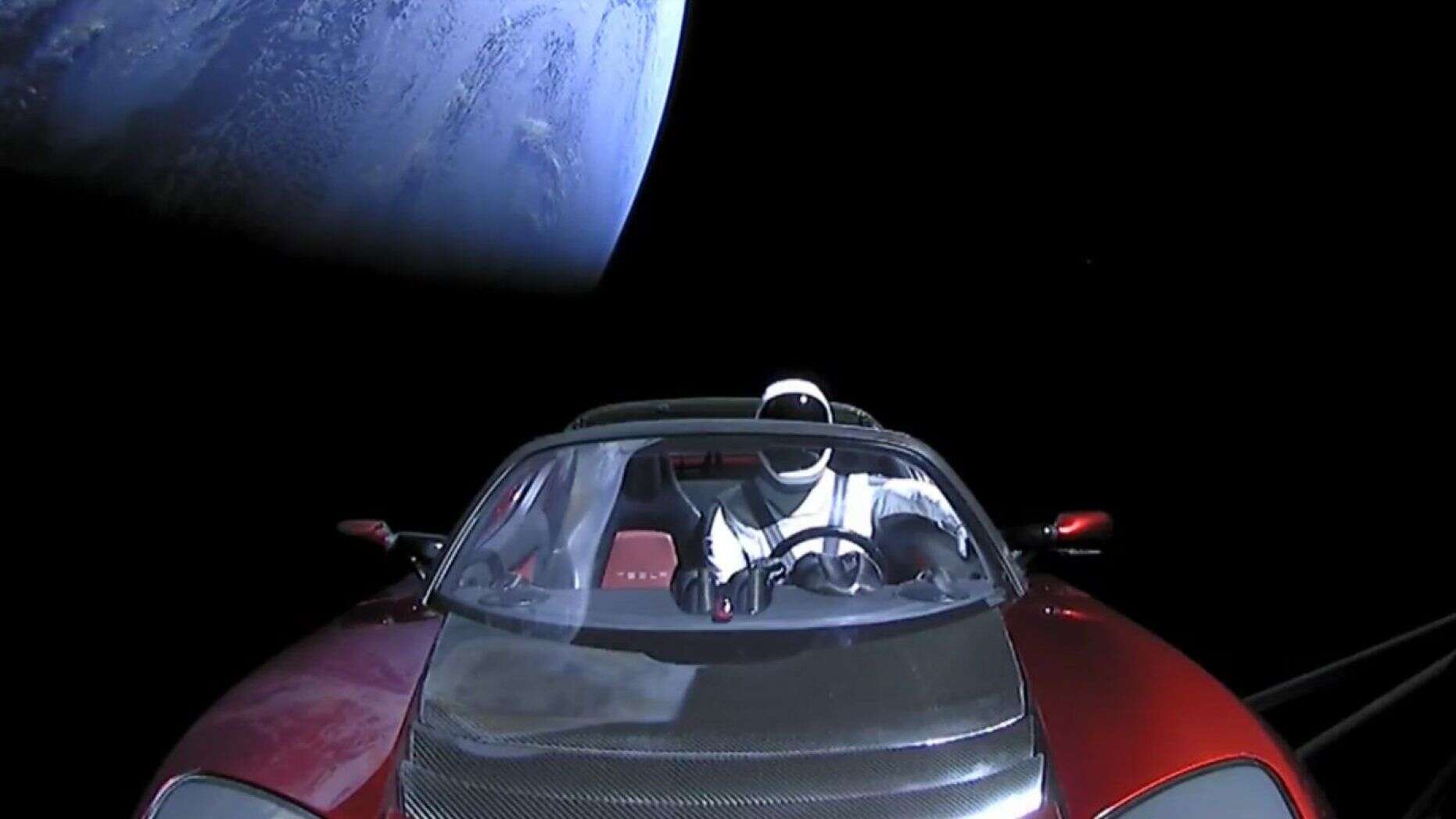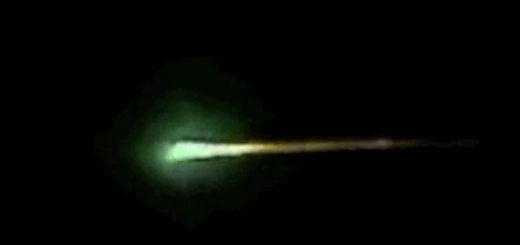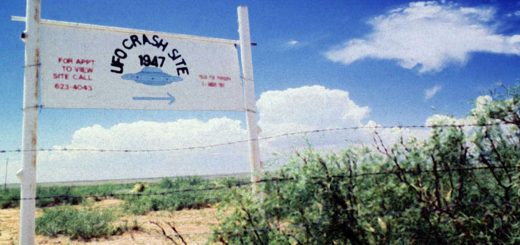Elon Musk’s Tesla Roadster headed for Earth or Venus crash (in a few million years)

Elon Musk’s space car is headed for a hell of a crash a few million years down the road, a new study suggests.
The Tesla Roadster and its driver, a mannequin named Starman, launched on the maiden flight of SpaceX’s huge Falcon Heavy rocket last week. The car is currently looping around the sun on an elliptical orbit that takes it a little beyond Mars at its farthest point, and back to Earth’s orbital distance at its closest.
A team of researchers wanted to know the Roadster’s ultimate fate, so they performed a series of computer simulations tracking the car’s path through the solar system over the next 3 million years. [In Photos: SpaceX’s 1st Falcon Heavy Rocket Test Launch Success!]
This modeling work gives the Roadster a 6 percent chance of crashing into Earth in the next 1 million years and a 2.5 percent chance of hitting Venusduring that same stretch. The car will probably slam into one of those two worlds at some point in the not-too-distant future (well, cosmologically speaking, anyway), the researchers said.
“Although we are not able to tell on which planet the car will ultimately end up, we’re comfortable saying it won’t survive in space for more than a few tens of millions of years,” lead author Hanno Rein, director of the University of Toronto Scarborough’s Centre for Planetary Science, said in a statement.
When that happens, most or all of the Tesla will burn up in the atmosphere, team members said.
As all the uncertainty suggests, the orbits of small objects like electric cars are tough to project so far into the future. The Tesla will have many gravitational encounters with Earth over the eons, for example, and it’s unclear just how these will shape its trek through space.
“Depending on the details of these encounters, the Tesla can be kicked onto a wider or smaller orbit, so it’s random,” study co-author Dan Tamayo, also of the University of Toronto Scarborough, said in the same statement. “Over time, the orbit will undergo what’s called a random walk, similar to the fluctuations we see in the stock market, that will allow it to wander the inner solar system.”
The researchers also determined that the space Tesla will make a relatively close pass by Earth in 2091, coming within a few hundred thousand kilometers of the planet.



 Creators of mankind
Creators of mankind Description of “Tall white aliens”
Description of “Tall white aliens” Where they came from?
Where they came from? About hostile civilizations
About hostile civilizations The war for the Earth
The war for the Earth “Tall white aliens” about eternal life
“Tall white aliens” about eternal life Video: “Nordic aliens”
Video: “Nordic aliens” Aliens
Aliens Alien encounters
Alien encounters The aliens base
The aliens base UFO
UFO Technology UFO
Technology UFO Underground civilization
Underground civilization Ancient alien artifacts
Ancient alien artifacts Military and UFO
Military and UFO Mysteries and hypotheses
Mysteries and hypotheses Scientific facts
Scientific facts


















